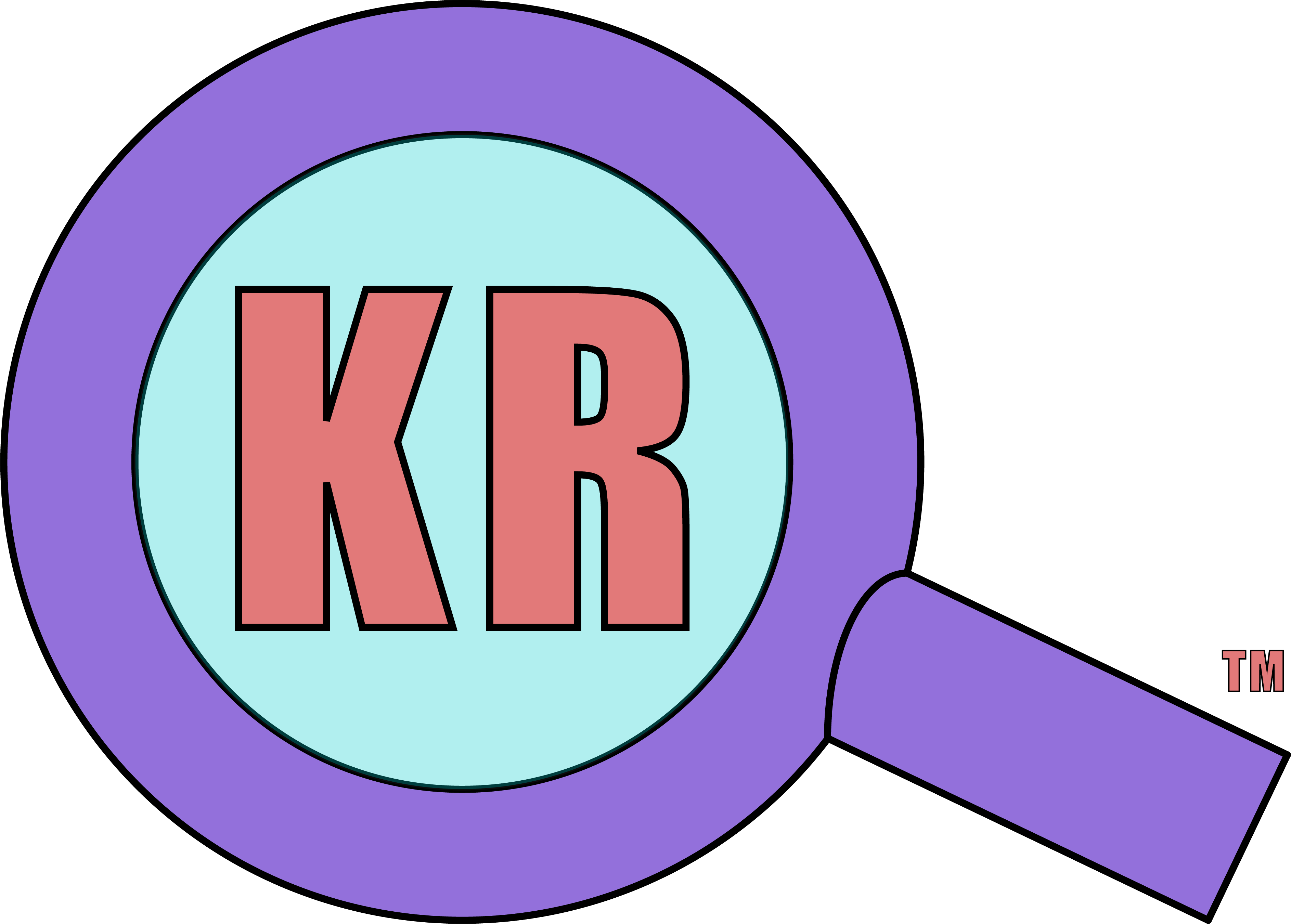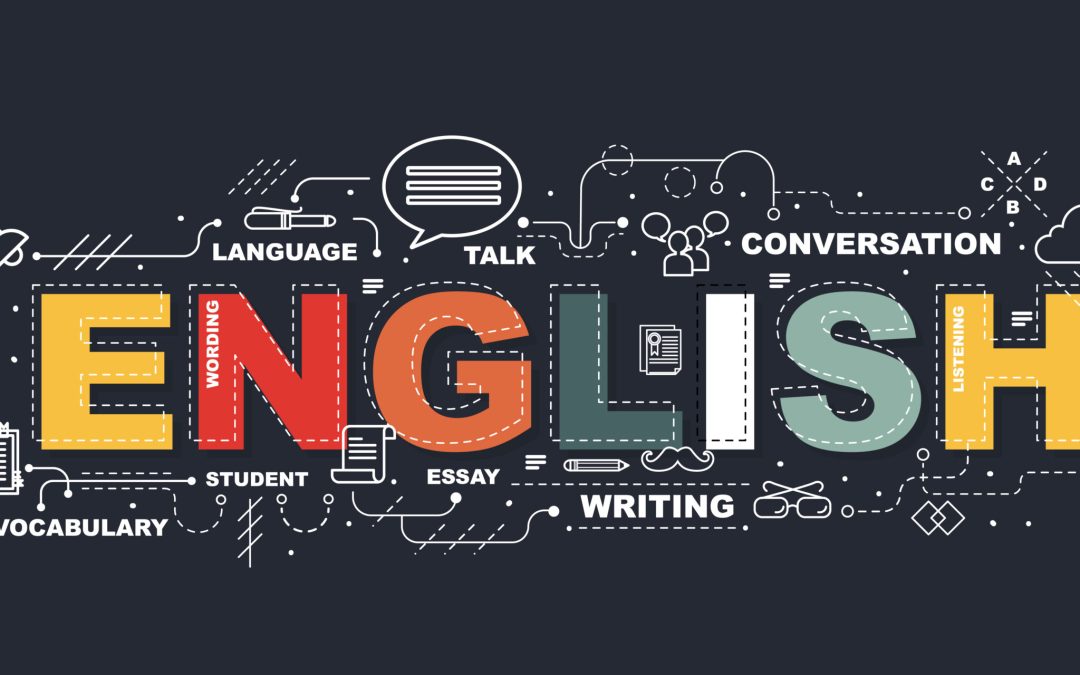When I started college, everyone was encouraged to get a degree in the tech field – computer science, engineering, etc. But I was more interested in English and writing. So I made English my major and minored in computer science. Minoring in computer science was a huge mistake. I was truly out of my element, and either failed or close to failed a couple of necessary lower level classes. Rather than continue to beat a dead horse, I considered other options.
At that time, I really wanted to become a teacher. My minor had to be a “teachable minor” meaning something that would be found being taught in a typical K-12 classroom environment. That could have been computer science. I chose another love at the time: physical education. It was called “movement science” at my school. I loved it. I learned about the science of movement, human performance, and took physical classes like gymnastics, swimming, and lifeguarding. This was what I’d do with the rest of my life. Until it wasn’t.
Because there was such a push for STEM, the school of education was admitting students with lower overall GPAs but sticking to higher standards for arts students. Had I been able to master computer science, I would have gotten in, but due to the poor performance in those classes, it hurt my GPA to the point of no return. I would be spinning my wheels, taking classes that didn’t matter in order to increase a number that would never increase enough to make a difference. I cut the education portion of my degree and went for a straight Literature & Language degree. Perfect.
But I’ve a lot of criticism or negative curiosity when I tell people what my degree is in. They find it either easy or not of value in the same way some STEM degree might. If I went back to school for the teaching credentials, I’d have a job in no time. Teachers, and English teachers, can be in short supply because everyone is still focusing on STEM. Some in-school experiences have taught me that teaching isn’t for me and never will be.
Instead, I’ve put my degree to good use in a number of different fields. Those STEM fields? They need English or writing experts to write their handbooks/instruction manuals, edit, and write content for their company website. I’ve written and edited content for a radio newswire, I’ve edited and posted building requirements, I’ve written a blog about LED lighting, I’ve edited legal documents for an international law firm, I’ve written blogs and website content for a number of property management companies, and I recently started blogging for an architectural design firm. Through all these experiences, not only have I sharpened my writing and editing skills, but I’ve learned about these other industries as well. Had I stuck in the classroom, I’d be teaching the deeper meanings behind classic literature or guiding elementary school students through the basic mechanics of writing and spelling in the English language.
I’m not saying the call to teaching is a bad one, but it can be very limiting. Even if I’d emphasized in ‘creative writing’ that could pigeon-hole me into something as well. I’ve looked at requirements for creative writing degrees, many of which go over the mechanics you already know, but force you to explore genres you’re not even interested in. Not only that, you’ll be learning your teacher’s way of thinking and doing – any other way will be ‘wrong.’
Continue to hone your writing and editing skills. An English and language degree is a valuable thing, even if people tell you it’s not. Pair it with a skill in the STEM field, or law, or even culinary school, and you’ll be unstoppable.

